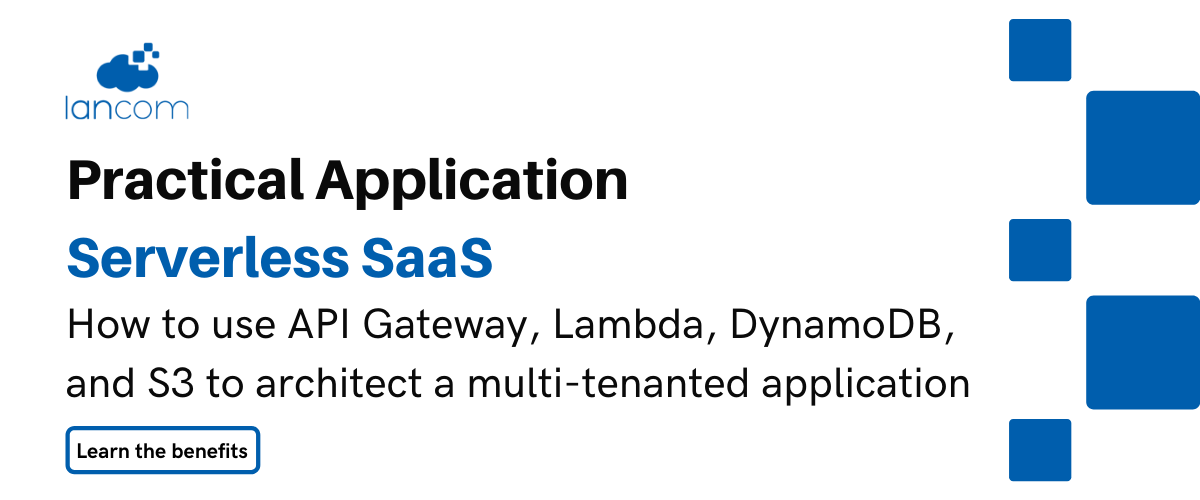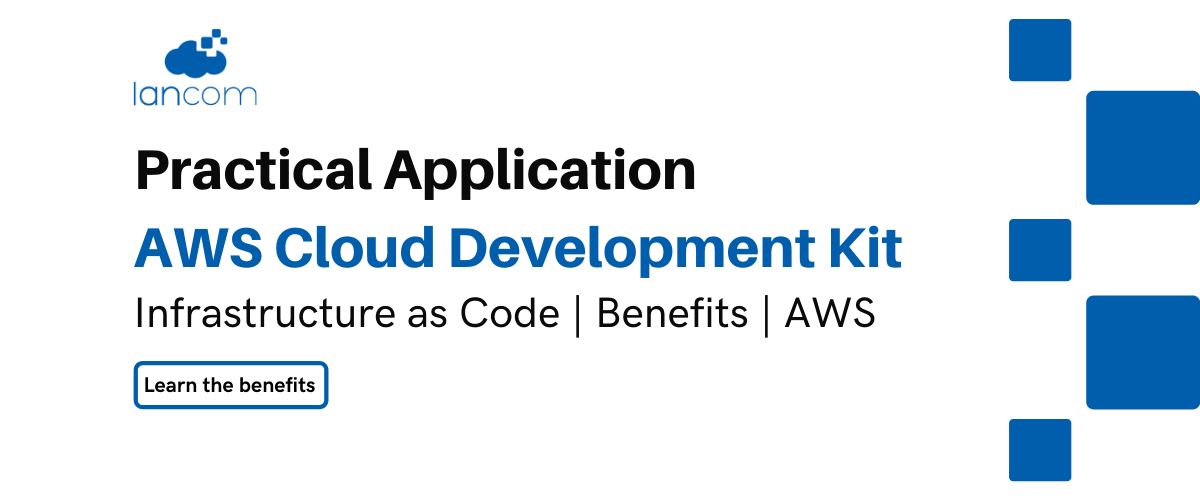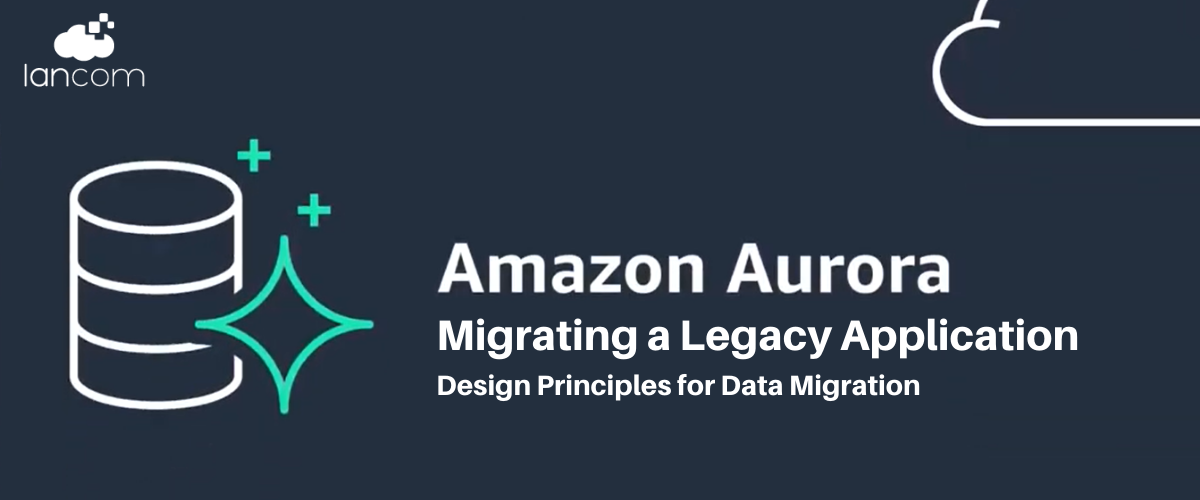Cloud computing security can be a scary word for SME’s. I mean, how secure could your data possibly be if it’s floating around in space!? Especially with all of these cyber-attacks we are hearing in the news…
But what if cloud computing was safer than your small business system? Before you look for a cave to curl up in, let us explain a few points:
1. Data centres have top notch security, which the world’s biggest companies trust
Did you know that 80% of the Fortune 500 companies rely on Microsoft’s global datacenters security protection? Which makes sense seeming billions of dollars have been spent to make sure highly skilled cyber security professionals with access to a massive amount of resources retain control over the information stored in these datacenters.
So, if these massive corporations have weighed up their options, and have chosen cloud computing, maybe you should consider it too?
Reputable cloud service providers have robust, multi-level firewalls, amongst all their other security tools. On top of that, they conduct regular security audits to ensure all aspects of their systems are secure. No internal computer system can economically uphold that level of protection!
Don’t forget, it’s their job to keep up-to-date with the latest and greatest in cyber security, so they’ll have you covered!
2. Cloud providers implement better systems in case of disaster
Data security spans further than just hackers. Natural disasters, such as earthquake and floods can result in data loss. Even if you were to back up your systems at the end of each day, if disaster strikes a day’s worth of important data could still be a costly loss. Add to that data stored on phones, tablets and local computers and it becomes a very complex issue – and what if your backups are held at the same location? Now that has disaster written all over it!
That’s where it’s beneficial to utilise cloud computing – cloud vendors are experts at preserving data.
The great thing with cloud computing is that pricing scales to fit your needs! You most likely do not require the same amount of storage or usage as these major corporations, so you only pay for what you need, but you will be able to benefit exactly the same. Win!
3. You should consider more than just data protection
Data security is not the only reason to migrate to cloud computing. Anything you can remove from your physical work location limits your exposure to risk as well.
The cloud also offers other game changing advantages, for example:
- Scale your usage up or down within minutes
- Have access to your data from anywhere, anytime
- The cost savings of only paying for what you use
- The collaborative capabilities which come from access to information
- The ability to make changes quickly and effectively (a huge competitive advantage).
Wrapping up
With cloud computing, your data will be highly secure inside the "cloud bubble", your only job will be to make sure that the single entry to the bubble is secure, which is much easier than securing multiple entry points, as you had to, when your data was located on premise.
As it is always the case, before you jump in, it is important to consider which workloads would make sense to host in the cloud.
An unbiased review of systems and processes should be undertaken prior to making a decision. [Hint: We can guide you in coming up with the business case! for more details click here].
If you are still a bit unsure if cloud computing is for you, our "Getting started with the cloud" guide was designed to demystify cloud computing jargons and concepts, and quickly bring you up to speed. Click the image below to download it ⇓
See you next week!






